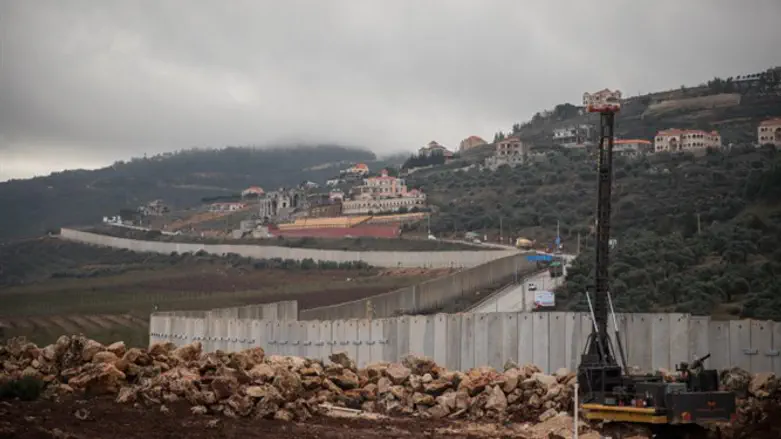
A top US official visited Beirut on Wednesday to discuss the disputed maritime border with Israel as Lebanon looks to start offshore exploration for hydrocarbons, AFP reported.
Last year, Lebanon signed its first contract to drill for oil and gas off its coast with a consortium comprising energy giants Total, ENI and Novatek, including in a block disputed by Israel.
Israel says one of two blocks in the eastern Mediterranean where Lebanon wants to drill for oil belongs to it, and had denounced any exploration by Beirut as "provocative".
The State Department's acting assistant secretary for near eastern affairs, David Satterfield, flew in to Beirut on Tuesday and met Lebanon's President Michel Aoun the following day, according to AFP.
"The demarcation of the southern territorial and maritime borders would re-enforce stability along the frontier," Aoun was quoted as having told the US diplomat.
The president called on Washington to "contribute to reaching this goal, especially to respect Lebanon's... right to drill for oil and gas," he added.
They discussed a "working mechanism" to define the borders, the presidency said, without providing details.
Satterfield also met Lebanese Prime Minister Saad Hariri and parliament speaker Nabih Berri during his visit.
A diplomatic source told AFP that Lebanon had received "positive signals of an American desire to play the role of mediator between Beirut and Tel Aviv."
Total, ENI and Novatek was awarded two of Lebanon's ten blocks last year. It is set to start drilling in block 4 in December, and in the disputed block 9 after that.
On April 5, Lebanon invited international consortia to bid for five more blocks, which include two also adjacent to Israel's waters, noted AFP.
Israel has major gas fields off its northern coast and is building valuable infrastructure to get the fuel out of the ground and onto land, all within range of Hezbollah rockets.
The Tamar field, which began production in 2013, has estimated reserves of up to 238 billion cubic meters (8.4 trillion cubic feet).
The Leviathan field, discovered in 2010 and set to begin production in 2019, is estimated to hold 18.9 trillion cubic feet (535 billion cubic meters) of natural gas, along with 34.1 million barrels of condensate.